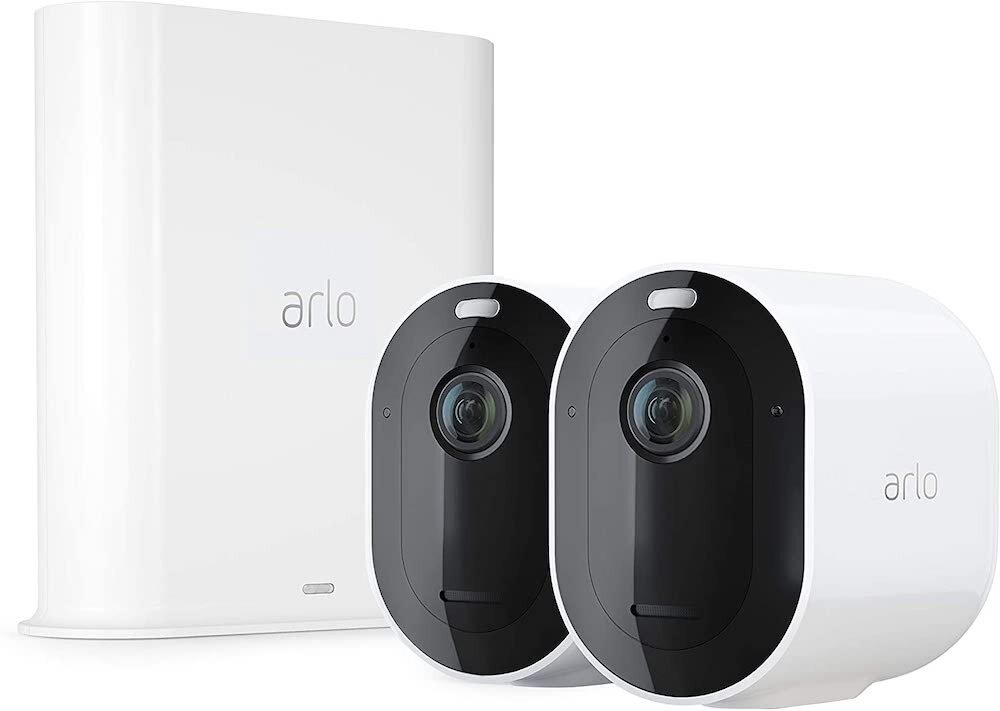Converting your basement into a rentable apartment? Here's what's involved
/(photo: Cherry Ride)
by Anne Thiel
It is no secret that rental housing is in high demand in DC. At the same time, living costs are in the area are high. So if a revision in zoning regulations is introduced that has the potential to both bring more rental space onto the market and offer additional sources of income to families, you would think it is welcomed with open arms.
However, this was not the case with a recently introduced change in zoning regulations. We’ll take a closer look at why.
In September 2016, DC passed new zoning laws that make it easier for home owners to build – and rent out to non-family members – so-called “accessory building units” (ADUs). ADUs can include basement or attic apartments, an apartment over a garage and carriage houses, among others. Under the previous zoning laws, ADUs 1) were only allowed in DC’s lowest-density zones (check your zone), and 2) could only be occupied by a family member.
“Many people are interested in adding an ADU to their home, but there are a number of rules and regulations to follow,” says Roshani Kothari, a Petworth resident who is considering adding a rental unit to her home.
While the zoning changes announcement came quietly, it caught the attention of several residents in Petworth and neighboring areas, as it seemingly offers an opportunity to put (largely) unused space to good use and bump up residents’ income at the same time. But how much “easier” do the zoning laws really make the renting out of space in one’s home?
“There is a high demand for this type of information for architects and builders working with interested residents,” says Roshani, “It would be useful to have a step-by-step guide or something similar from DCRA to help people navigate the process, and workshops to educate homeowners, architects and builders about the requirements.”
To find out how to do so can take a bit of digging, so we reached out to the Department of Consumer and Regulatory Affairs (DCRA) for more information.
To find out what type of ADU you can add to your residential home, you first have to determine the specific zone you live in. In some cases, your search result might specifically state whether your house is eligible for an ADU. Roshani, for example, lives in an RF-1 zone, which means that two family flats are allowed, but no accessory dwelling units.
If your search results leave you in the dark (as was the case for me), the DC zoning handbook site provides information about where ADUs are possible and also under which conditions.
DCRA spokespersons Matt Orlins and Annie McCarthy said that prior to renting out an accessory apartment in any zone, a property owner has to obtain a Two Family Rental License from the DCRA and the property must be inspected for relevant housing code compliance. However, in order to obtain this license, the ADU needs to meet certain requirements. For example, it may need to have separately regulated heating and cooling units, a minimum required ceiling height, and more.
The change in zoning regulations permits the addition of ADUs in more parts of the city than before, but the actual building of these rental units is still fraught with difficulties that homeowners need help navigating.
Roshani Kothari
“One of the challenges homeowners is the high cost involved in retrofitting their basement to create a legal rental," Roshani said. "In some cases, it requires digging down in the basement in order to get the required seven foot ceiling height, which can be quite expensive. It would be great if there were some initiatives that could help homeowners to get the financing to convert their basement into a legal rental.”
There's a meeting that might help you understand
There's a community meeting Wednesday, November 16th on what's involved with converting a basement space into a legal rental. With the recent changes to DC's zoning regulations, many homes in Petworth changed from Zone R-4 to Zone RF-1, which allows for two family flats or dwelling unit use of a property as a matter of right .
Matthew Le Grant, Zoning Administrator with DCRA, will provide an overview of the zoning changes, including specific information related to zone RF-1. He will also provide an overview of what it will take to convert your basement into a legal rental, and answer other questions related to zoning and permits.
- Date: Wednesday, November 16th
- Time: 6:30-8 pm
- Location: Petworth Library Meeting Room, 4200 Kansas Ave NW
- Cost: Free (Space is limited and RSVP is required.)
For more information or questions, contact Roshani.
Other Resources
- Map: Find Your Zone
- Zoning Handbook: Residential Flat Zone RF-1
- Rules & Regulations: RF-1
- GreaterGreaterWashington Article: Want to add a small apartment to your house in DC?



















